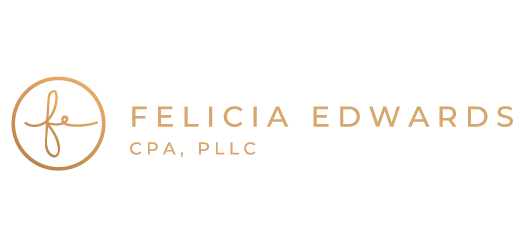How Do You Know When It’s Time to Outsource Your Accounting
For a business owner, there are many uncertainties that come along with being in charge of your business' financials. You may be leaving money on the table, or you may be facing potential legal or tax issues that could wipe out your company. Either scenario is something nobody wants to face, so it is extremely important to look at all the factors when deciding if outsourcing your accounting makes sense.
However, chances are that you don't have the time or expertise required to make this decision on your own. Let’s go over some of the tell-tale signs that it’s time to outsource your organization’s accounting.
Time
You're spending too much time on bookkeeping. You should spend at least 80% of your time working on your business and only 20% on your books. If you find that this is not the case, consider outsourcing.
Growth
You've outgrown your current system. When your business grows and you need more advanced tools and systems, outsourcing can give you access to better options than what you can afford on your own.
Money
You want to save money. Outsourcing can save you money by reducing internal overhead expenses, such as software and hardware purchases and upgrades, in addition to personnel costs for hiring a full-time accountant.
Accuracy
You aren’t someone who wants to leave things up to chance so you want more accurate reports. A good accountant can provide accurate and timely reports that help you make sound financial decisions for your business.
You need a CPA
Another good reason for outsourcing your bookkeeping is that you want your books audited by a certified public accountant (CPA). If this is the case, you'll need to make sure that the person who does all of the data entry has an understanding of GAAP accounting principles and generally accepted accounting procedures. This is particularly true if you have made any changes to QuickBooks like modifying the chart of accounts or creating custom reports. A CPA will usually not accept a client's books if they don't adhere to GAAP guidelines.
Professionally trained accountants are also better able to spot fraud than someone who isn't skilled in looking for it. They can help ensure that no one in your company is taking advantage of the business by using company funds for inappropriate uses.
Accounting is one of those business processes that optimizes the organization’s financial health. It’s not just about numbers, it’s about dollars and cents shows you how to improve your company. Don’t leave your organization’s financial health to chance, contact Felicia Edwards today. Felicia is a Certified Public Accountant (CPA) who fully understands GAAP accounting principles and knows all the ins and outs of today’s best accounting practices and procedures.


